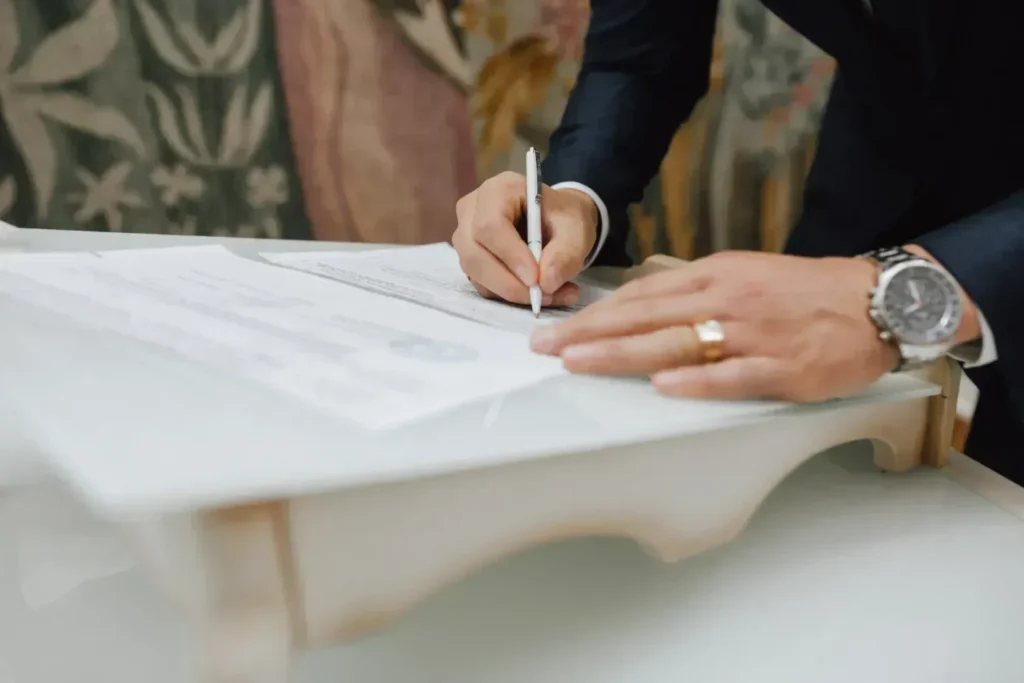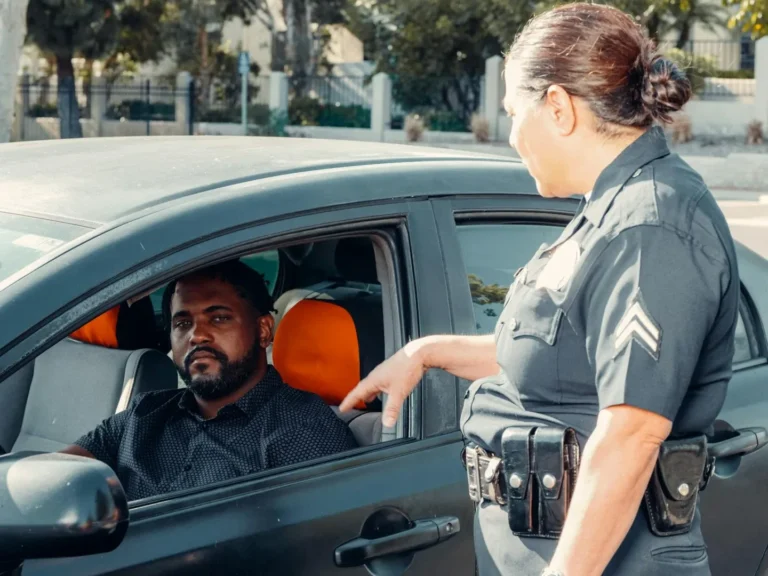Public Defender Fees: Do You Have to Pay for Legal Counsel?
As experienced divorce lawyers at ReedsAndReeds, we often get asked about the costs associated with public defenders. You might wonder if you need to reach into your wallet for their help, especially when dealing with legal troubles. Understanding whether you have to pay for a public defender can be confusing and stressful. Let me break it down for you, so you know your rights and what to expect if you ever find yourself in need of legal defense.
As indicated in U.S. Department of Justice guidelines, you do not have to pay for a public defender if you cannot afford one. However, you may be required to repay the cost if you gain the financial ability later. Rules can vary by state.
What is a Public Defender?
A Public Defender is a government-appointed lawyer who ensures that everyone, regardless of their financial situation, has access to legal representation.
Generally speaking, public Defenders work in the criminal justice system and help people who are facing criminal charges. Their job includes defending clients in court, doing legal research, preparing legal documents, talking with prosecutors, and working for their clients’ best interests. They often have long hours and handle several cases at once. Public Defenders are important because they make sure everyone gets legal help, even if they can’t afford it.
By and large, they care deeply about justice and aim to offer the best defense they can. Public Defenders can work for state or local governments, non-profits, or private law firms hired by the government to help those who can’t pay for a lawyer. Though their work is tough and demanding, it is also rewarding as they can make a real difference in their clients’ lives.
Eligibility for a Public Defender
Eligibility for a public defender often depends on income level and the seriousness of the charges.
Come to think of it, each area has its own rules for who can get a public defender. Usually, if you can’t afford to pay for a lawyer, you can get a public defender. They decide this based on your money situation, looking at things like how much you make, what you own, and how big your family is.
So to speak, also, what you’re being charged with matters. People who are facing serious charges that could lead to jail time are more likely to get a public defender than those with minor charges. Remember, the rules are different in each place, so check with your local public defender’s office to learn more.
Costs Associated with Public Defenders
From our last chat, public defenders often cost taxpayers millions of dollars annually due to the high demand for their services and the extensive legal work involved.
Let me explain, public defenders are paid using taxpayer money. This includes their salaries and costs for their office space, support staff, and other expenses.
The total cost for public defenders varies. It depends on the size of their office, how much work they have, and local or federal rules. Some places spend more on public defenders, while others spend less. In general terms, these costs are important because they help people who can’t afford a lawyer get legal help. Without public defenders, these people might not get fair treatment in court.
Differences Between Public and Private Defenders
As we’ve established previously public defenders handle significantly more cases than private attorneys, often managing several hundred annually compared to the much lower caseload of private defenders.
Essentially speakingpublic defenders work for government offices and have to handle many clients at the same time. Private defenders are lawyers hired by individuals, usually working at private law firms, and often have fewer clients.
One big difference between them is the experience and resources they have. Public defenders often have fewer resources and a lot of cases, so they might not give as much personal attention to each client. Private defenders usually have more resources and can spend more time on each case.
Another difference is how they start working with their clients.In basic termspublic defenders are assigned to clients, while private defenders are picked by the clients themselves. This can affect how much trust and communication there is between the lawyer and their client.
Also, the results of cases can be different. Public defenders often have many cases and less time to prepare, which can affect how well they represent their clients. Private defenders, with fewer cases and more resources, might be able to offer better defense.
How to Apply for a Public Defender

Repeating what we found out before, to apply for a public defender, you must reach out to the court handling your case.
At the base ask for a form to see if you can get a free lawyer based on your financial situation. Fill out the form completely and truthfully, including all the documents requested. Submit the form to the court clerk for review. If you’re eligible, a public defender will be assigned to help with your case.
Typically, work closely with your public defender and provide any information they need. Stay in contact with them and make sure you go to all your court dates. If you have any questions or worries about your case, talk to your public defender or the court. Being honest with your public defender will help them defend you better.
Summary
Based on our findings, in conclusion, whether or not you have to pay for a public defender depends on your financial situation.
What ReedsAndReeds is recommending to prepare for is, if you cannot afford to hire a private attorney, you may be eligible to have a public defender appointed to represent you at no cost. It is important to understand your rights and options when it comes to legal representation to ensure a fair trial.







